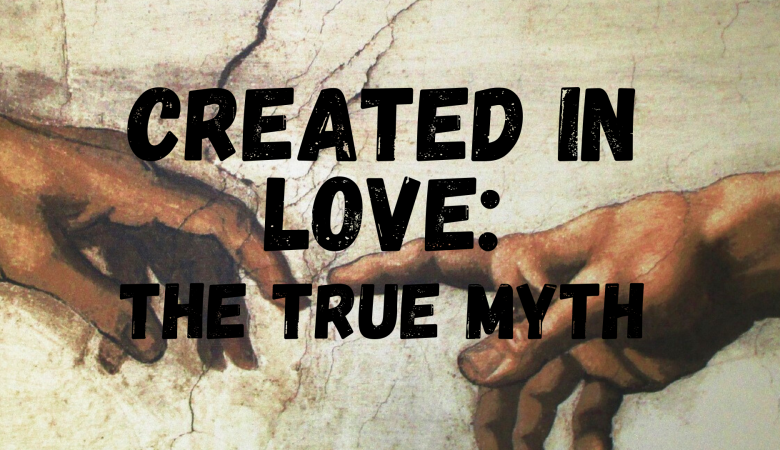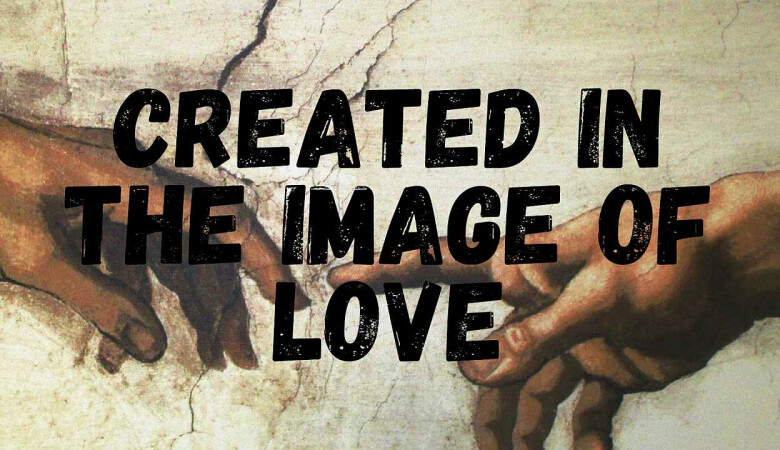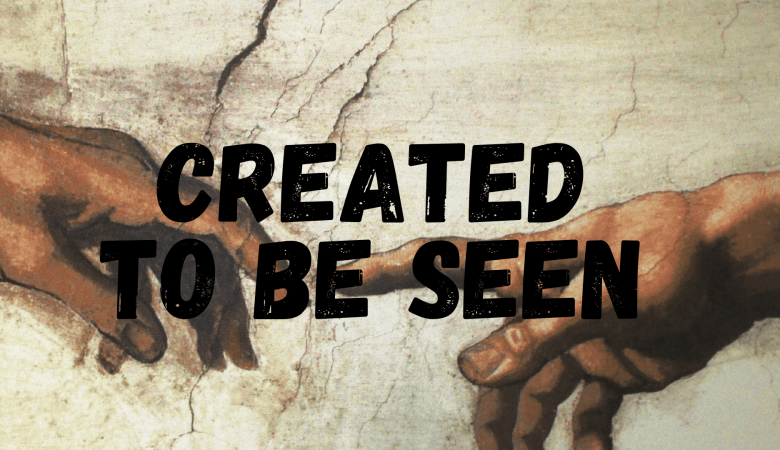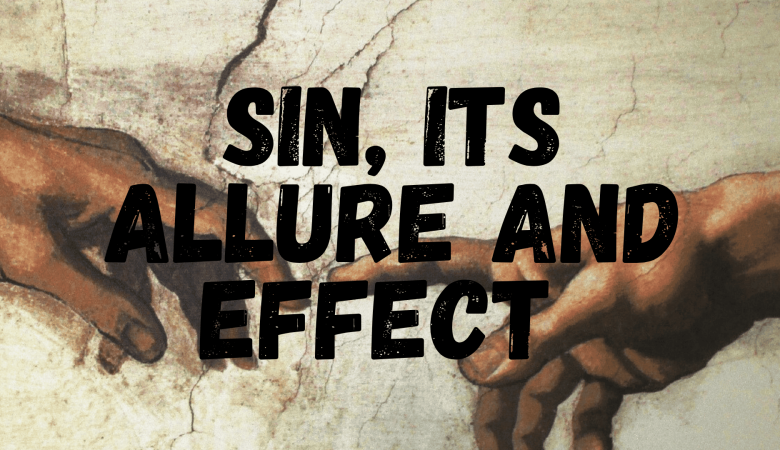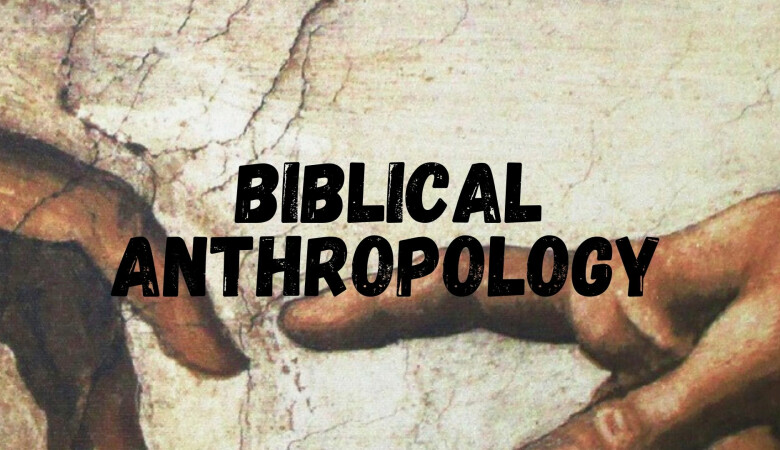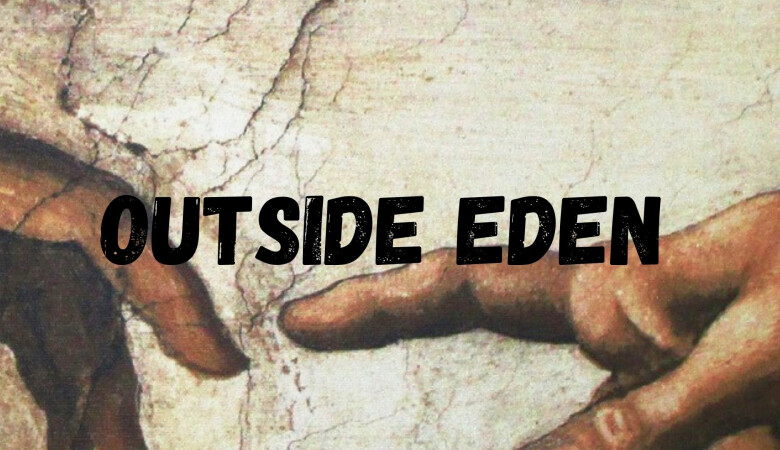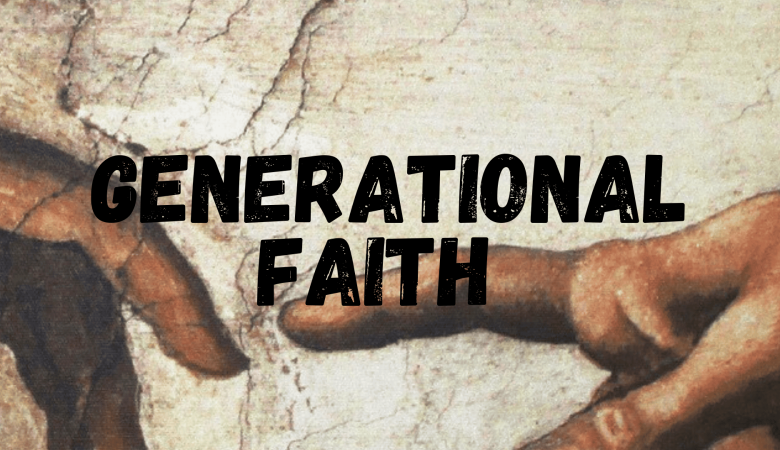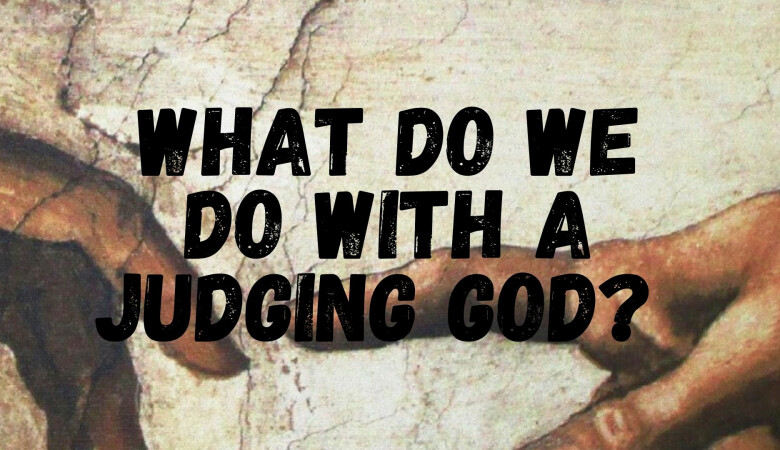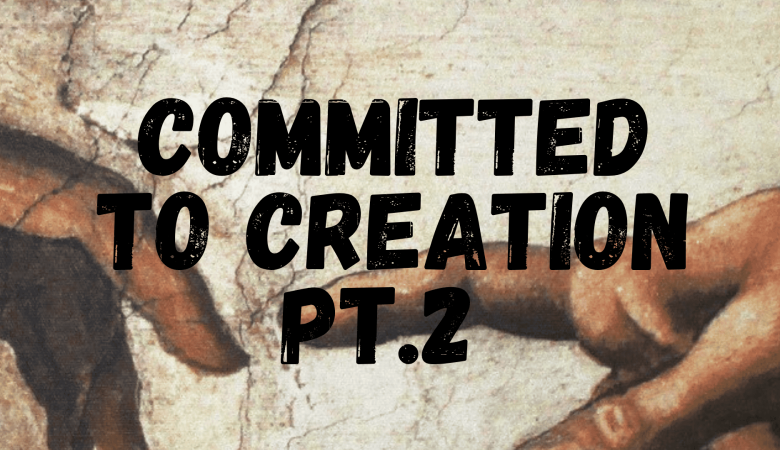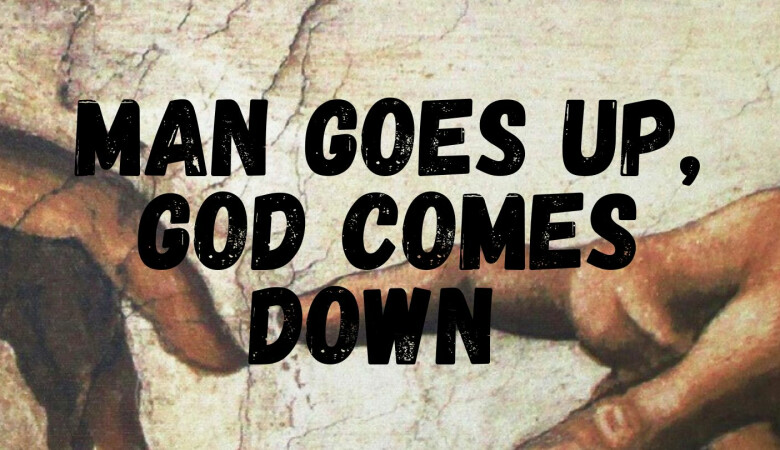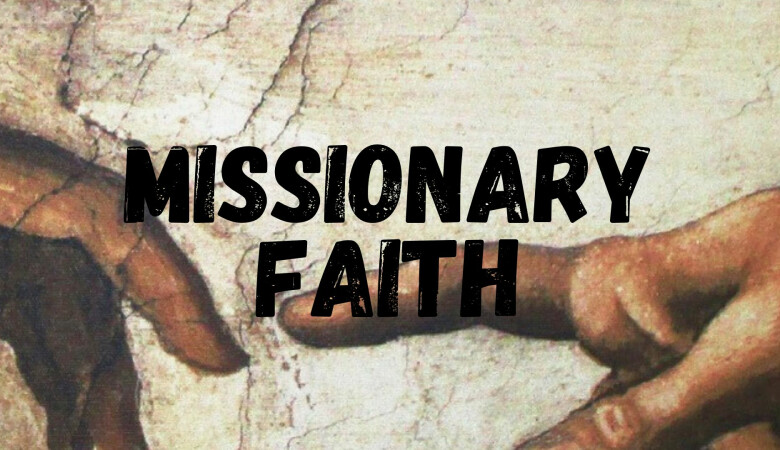Series: Created in Love
Jesus, the One Who Brings Us Home
January 05, 2025 | Peter Rowan
Passage: Jeremiah 31:7-14
Summary
There are many overarching themes in the Bible, but one of the great themes is God's commitment to bring us home to himself, to live as we are made to live with creation, with others and with him. Sin moves humanity out East and continues to do so up until the Exile, but in Christ God brings us home to himself.
Transcript
Ok, today we are going to wrap up this series that we started back in the beginning of September. We began in Genesis 1 and went through the beginning of Genesis 12 where Abraham heads the call of God to leave what he knows and follow God. The New Testament begins with a genealogy of Jesus in Matthew chapter 1 and that geneology begins with Abraham and goes through David and then through the exile and up to Jesus. There are 14 generations from Abraham to David, fourteen from David to the exile, and then 14 from the exile to Jesus. One of the things that we’ve seen in this series is the ancient use of numbers. So we have the coming of Jesus at the end of this long genealogy at his birth begins the beginning of the seventh generation of sevens. The goal. Here is what we have been waiting for. A lot could be said just about that - the long awaited comes right at the perfect time. And one thing that Matthew tells us again and again is that Jesus is the fulfillment of everything that the OT is trying to say. But I preached a couple weeks back on Abraham and Jed preached for us last week on David and so this morning I want us to focus our attention on the third movement that helps us understand the coming of Jesus - exile. And while a full theology of exile would take months to cover just like the life of Abraham or the life of David could be good preaching series in themselves, today I want us to look at exile through what have seen in Genesis. And what is exile? What is exile but being barred from your homeland.
So, what we are going to focus on is that Jesus is the one that brings us home.
Before we get into this, I want to share with you something I did long ago.
The year after I graduated high school I went with one of my best friends to study at a University in France. We lived in the beautiful ancient city of Aix-en-Provence. Aix was founded in 123 BC and is where the great painter Cezane lived and worked and so often ventured out from the city to paint the majestic Mount Saint Victoire. Provence is famously beautiful and we hiked the mountain and down through the famous inlets along the Mediterranean coast. It was truly wonderful. But I remember flying back into SeaTac airport. And landing and finding that little piece of grass outside the airport to the south of the baggage claim and dealing down and kissing the ground (which was probably a horrible idea now that I think about it with how many dogs probably found that closest piece of grass after they got an airplane too!). I was home.
I heard a number of years ago that in a way you never quite leave the land where you were raised. You never quite leave it emotionally, deep down. I’m sure many of you know this. Maybe locally you’re home once you see the Susquehanna or the rolling farmland of Lancaster County. Or you’re home once you find yourselves among the high peaks of the Adirondacks or the Whites or the Blue Ridge. Maybe the beach is home, the place where your family gathered and played when you were young.
Jen Michel, in her book Keeping Place: Reflections on the Meaning of Home, says “Biblical words related to home can denote physical dwelling, family household, material possessions, as well as geographical and social connections. . . . For the linguistic ancestors of the Old Norse, home, heima, means more than bricks and mortar. In part, its walls are safety, its windows, welcome. Provided there is intimacy and a sense of belonging . . . Home represents humanity’s most visceral ache—and our oldest desire.”
That’s probably why there are so many songs about home. And I think it’s also why going away from home is such a big theme too. And it’s not just a theme from songs, but a theme in the Bible.
Exile, being banned, being bared, being away from the place where you are home.
I want you to think with me of two big movements that we saw in Genesis 1-11.
The first movement was creation.
Do you remember how we saw this moment both in Genesis 1 and then again how Genesis 1 was reiterated for us sequentially in Genesis 8 after God “remembered Noah.” There is a recreation there.
But as you think back with me back to the beginning of the series in Genesis, can you remember with me how Genesis 1 told us of the hospitality of God? God as the great host who is preparing for us a fitting home. Remember, the places of days 1, 2 and 3 (the light and the darkness, the sea and the land, the vegetation) of the creation days were filled with the inhabitants made in days 4, 5 and 6 (sun and moon, swarming things in the waters and birds in the air, and then land animals and humans chief among them). It seems so strange to us that God can make the light and the darkness, the day and the night of day 1 in Genesis and then days later make the sun and the moon and the stars in day 4. It seems so strange, maybe even so wrong and so unscientific, until you realize that what we are being shown is that not only is there one creator God in opposition to the great many gods of the ancient world, but that this creator God is the great host and in his hospitably he is creating spaces for his creation to be home, to be nourished and to flourish.
As the story goes on, humankind is made in the very image of God and its placed, with intention in the garden of Eden a place that has fruit trees and seed bearing plants, a place tended to by God himself for their nourishing and their flourishing. And God is there with them. They are made for that place, for one another and to live and to walk and to be in communion and fellowship with God with god himself.
We are told that is what we are made for. To be home in creation, to be home with other people and to be home with God.
That is the great first movement of the story. Being home.
And that movement of Genesis 1, as I said, is reiterated for us in Genesis 8 and 9. After the rebellion of the sin or Adam and Eve that grows into the murder of one their sons, Abel, by another of their sons, cain, that grows into the seventy-seven fold revenge of Lameech, that grows into the sons of God taking from the daughters of men any whom they chose and that grew to the point that we read that “the wickedness of man was great in the earth, and that every intention of the thoughts of his heart was only evil continually.” After all of that, God sends the flood and the flood was a sort of recreation. The wind (the ruah - spirit wind) was over the waters of the deep flood, as you might remember, the days of creation are reiterated for us. And then again a garden is planted by Noah. He is again, making a home.
That is the first movement I want you to hear this morning. God makes us a home and his commitment again in those early chapters of Genesis was for us to be home in this creation, to be home with one another, to be home with him!
The second movement I want you to see is moving East.
Now, I could just say that the second movement is sin. And it is sin. But there is an interesting theme that we see in the early chapters of Genesis. With the rebellion of Adam and Eve in their sin God sends them out from the garden, from this home for which they were created and in which they were to be nourished and to flourish. And specifically they are on the east side of the garden. That detail may not seem like much, but what we hear in the next chapter, in Genesis 4:16 , is that “Cain went away from the presence of the Lord and settled in the land of Nod, east of Eden.” Cain sin and his rebellion against God is moving him farther away from the home he was created for.
We see this again when we come to tower of Babel account after the recreation in the Noah story. Genesis 11 begins like this: “Now the whole earth had one language and the same words. 2 And as people migrated from the east, they found a plain in the land of Shinar and settled there.” Now, we hear from the east and we think they were making their way West, but it’s best to understand that they are going farther east. They are moving farther from God. Which is exactly how the story of the Tower of Babel goes. Rather than receiving a name from God, they try to make a name for themselves. They could care less whether the host of the party has made a name tag at a specific seat, they will decide for themselves.
What I’m saying is that the movement of sin is a movement not only away from God, but a movement away from where you were made for. Sin isn’t just some religious idea for pursed-lipped sunday school teachers. It’s not. It creates a bigger space between where you and where your hearts most longs to be.
What does all of this have to do with Exile? Well, the deportation to Babylon, the exile to Babylon, that we have in Matthew 1 is a movement away from creation.
Last week we heard Jed tell us that David was settled as the king over Israel and he wanted to make a more permanent home for the Lord because the ark of the covenant and the places of sacrifice and worship were the tabernacle, which was like a big tent. Well David didn’t build that Temple, but his son Solomon did. And both the Tabernacle and the Temple were made to look like Eden. Their draperies, their curtains were designed with ornate trees and them hem of the priests’ garments had fruit embroidered on them. And in the middle was the lamp stand that was like the tree in the middle of the garden and over the mercy seat were the two angels like the angels that guarded the way back to the garden.
The tabernacle and the Temple were to evoke home, because that is where God was and that is what we were made for.
But what does Israel do? They do the same thing Adam and Eve did and the same thing Cain and Lamech did and the same thing the people that built the Tower of Babel did. They rejected God. And in doing that they were deported, exiled to Babylon, they were sent out East.
If we kept reading in Matthew after this genealogy, we would learn about the birth of Jesus, and of the wise men, and of Herod’s slaughtering of the innocents, and of John the Baptist preparing the way. And then we would get to the account where Jesus is baptized by John and he begins his ministry. What we would read is that that happens in the Jordan river. Why there? Why that detail? Well, that’s the river that divided the promised land from the land out East. That’s the river that Joshua (which is the name Jesus!) lead the Israelites through when they were coming to their home, the land of Abraham.
Adam and Eve were sent out East, cain went further East. The Tower of Babel was out East. Abraham was called from the East and made his way West until he offered a sacrifice at Bethel, which means “house of God”. The Israelites rejected God and were deported out East to Babylon. Jesus is baptized in the Jordan to bring us home to God.
I mentioned that there are so many songs that talk about home, about coming home, about our longing to be home. It makes sense. Music is a reflection of our hearts. Poetry is language of the heart.
There is a deep longing in every human heart to return to our ancestral home. Crosby, Stills, Nash, and Young sing about this in their song “Woodstock”: “We got to get ourselves back to the garden,” They sing. “We’ve got to get ourselves back to the garden.” This is the story of the Bible. God, in Christ Jesus, bring us back, returning to the place where we began, with creation, with other, with God. A place of light and life and trees and water. Home. Home where we have always belonged and always will.
Chad Walsh, a literary critic who came to believe in Jesus through the witness of C. S. Lewis wrote, “I believe man once lived in utopia, but does no longer, and that he is always trying to return. The name of his first utopia was Eden. . . . It is a part of our heritage. We want to go back. . . . We are haunted by memories of the original garden. . . . We are Displaced Persons, but our old homeland burns and glows in our hearts.”
Jesus brings us home. He brings us back from the exile brought by sin. He brings us home. He is what and where you long for.
Series Information
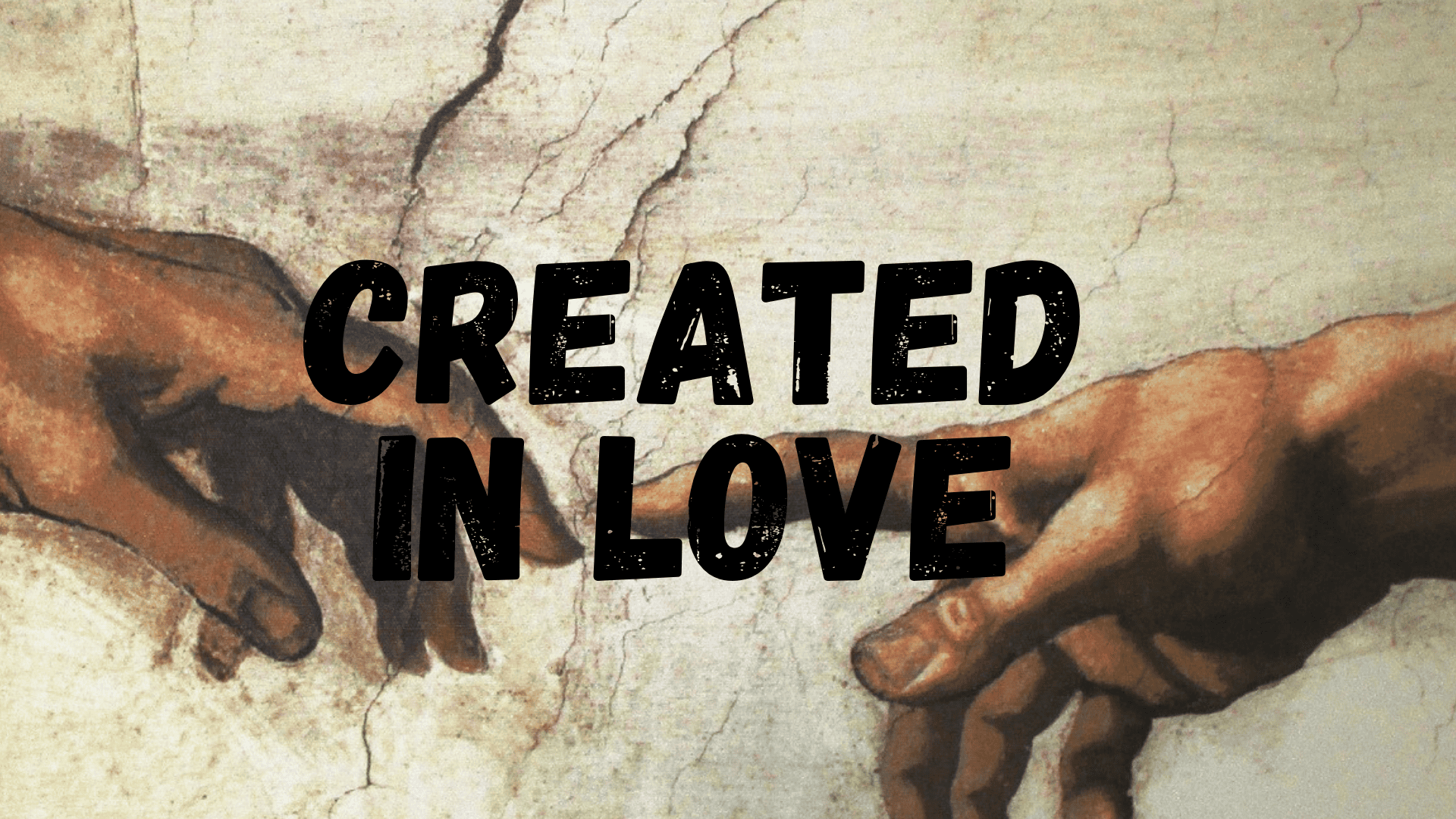
The first 11 chapters of Genesis are the origin story of all that is. In it we find unexpected account. It is not written to satisfy our desire to know the “how” As we will see, these 11 chapters are far more concerned to tell us “who” creates, and what becomes of the “good" world he hands his image bearers.

